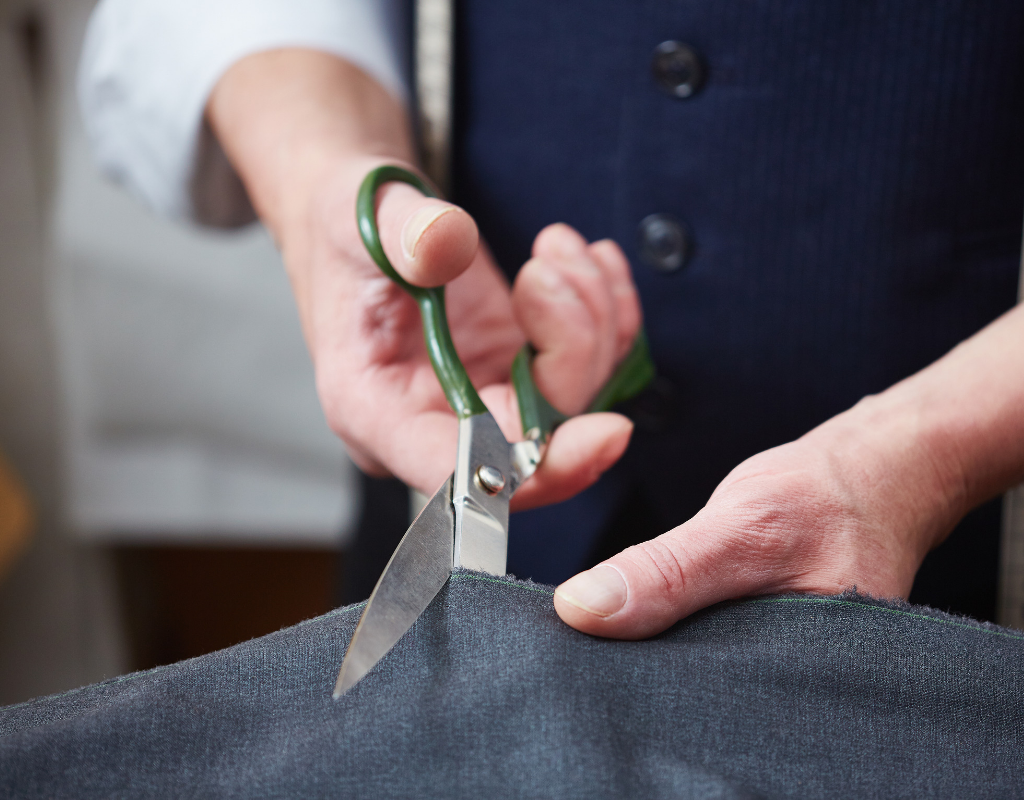When it comes to the law, details matter. You need to ensure the accuracy of all information you provide when registering a trademark or filing for copyright. Otherwise, you could find the legal protection of your mark or creative work invalidated due to a technicality.
That is what happened to Gold Value International Textile, Inc.’s copyright registration. Here are the facts of this case.
Was “1461 Design” Published or Unpublished at the Time of Application?
Gold Value International Textile, Inc. (DBA Fiesta Fabric) brought an action for copyright infringement against Sanctuary Clothing, LLC (a clothing manufacturer) and a handful of their retail partners.
Fiesta Fabric alleged Sanctuary copied their protected fabric design (specifically addressed in court documents as “1461 Design”) and used it to manufacture a blouse. The blouse was then sold by retail outlets also named in the suit.
Sanctuary filed a counterclaim that sought to invalidate Fiesta’s copyright and prevailed. The district court concluded that the copyright was invalid and granted judgment in favor of the defendants. They found that Fiesta “knowingly” included inaccurate information in their copyright application. If the Copyright Office had been aware of the inaccuracy, it would have denied registration, thus invalidating it.
A finding of knowingly including inaccurate information is a strong accusation.
How did the court come to that conclusion?
How the Court Ruled and Why
The inaccuracy lies in the publication date of the 1461 Design. The plaintiff confirmed that it had created samples of the fabric and sold them in small quantities to potential clients, which effectively changed the date of legally defined publication.
Now, in certain cases, actual publication dates may be later than when the samples are distributed. In these types of scenarios, vendors getting the samples also receive a specific order that samples are not allowed to be used for profit.
And Fiesta did include such a note. However, the court judged the invoice did not have enough “legalese” in its limitation.
The Copyright Office was unaware of these sample distribution details at the time of application. Because of this, it initially granted the copyright registration to an entire group of designs – including the 1461 Design.
The defendant’s legal team uncovered the error and claimed the copyright invalid on this technicality – that the 1461 Design was actually “published” at the time of registration, and registration was granted with the understanding that all designs included were “unpublished.”
Since the error remained unknown until the suit – effectively meaning the errors were not addressed within the required 45 days of filing a registration application – the court ruled in favor of the defendant.
The biggest blow is that Gold Value is being ordered to pay more than $120,000 in legal fees for the defendant.
What Could Happen Next
Since the initial appeal to correct an error was refused, Fiesta Fabric has shifted its strategy. Remember that original work is automatically copyright protected. The rule of law is that it must be registered properly prior to filing an infringement suit.
With that in mind, the company is simply re-filing the copyright application for the single design in question (1461 Design) with corrected “publish” dates. It is likely there will be no issue with the registration at that time.
When defending your creative work can potentially wind up costing you thousands in countersuits and legal fees from bigger, more experienced industry players, seeking professional legal guidance is a must.
If you have original creative works and questions about copyrighting them, reach out at [email protected] or by calling 904-398-0900 for more information. The Marks Gray Intellectual Property Team is here to help!
